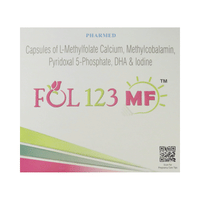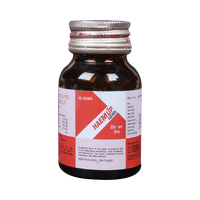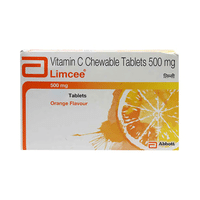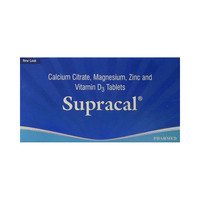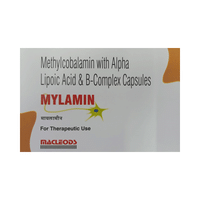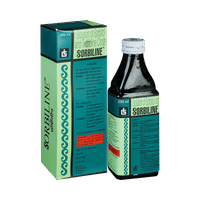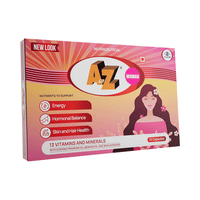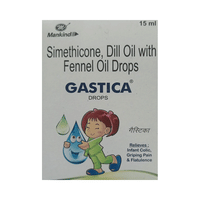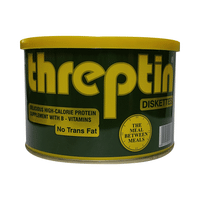Rs. 106
Rs. 150
29% off
Not Available
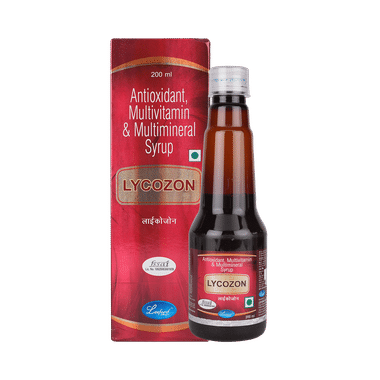
Product Details
Lycozon Syrup
Lycozon Syrup is a nutritional supplement that contains a combination of ingredients including Lycopene, ascorbic acid, folic acid, zinc, potassium and sodium. It is primarily used to provide essential nutrients and support general health.
Key Ingredients:
Lycopene 10% 1000 mcg,Vit. A Palmitate 180 mcg,Vit. E as acetate 5 mg,Ascorbic acid 40 mg,Thiamine Hydrochloride 1 mg,Riboflavin Sodium Phosphate 1.1 mg,Niacinamide 12 mg,Pyridoxine Hydrochloride 1 mg,Folic acid 100 mcg,Cyanocobalamin 1 mcg,Zinc Gluconate eq. to el. Zinc 5 mg,Manganese Gluconate eq. to el Manganese 1 mg,Cupric Sulphate eq. to el. Copper 500 mcg,Potassium Iodide. To el. Iodine 100 mcg,Copper as Cupric Sulphate 500 mcg,Sodium selenite eq. to el. Selenium 25 mcg
Key Benefits:
Product Specifications And Features:
Diet Type:
Vegetarian
Good To Know:
The combination of ingredients in Lycozon Syrup is believed to enhance the bodys immune response and improve overall immunity.
Suitable For:
Male/Female
Indications:
general weakness, decreased immunity, and pre-eclampsia
Concerns It Can Help With:
["General weakness", "Decreased immunity", "Pre-eclampsia (high blood pressure in pregnancy)", "IUGR (low growth of baby in pregnancy)", "Premature ageing", "Cardiovascular diseases", "Gingivitis"]
Directions For Use:
Safety Information:
Quick Tips:
["Taking more than the recommended dose does not necessarily mean better results and can even be harmful in some cases."]
Lycozon Syrup is a nutritional supplement that contains a combination of ingredients including Lycopene, ascorbic acid, folic acid, zinc, potassium and sodium. It is primarily used to provide essential nutrients and support general health.
Key Ingredients:
Lycopene 10% 1000 mcg,Vit. A Palmitate 180 mcg,Vit. E as acetate 5 mg,Ascorbic acid 40 mg,Thiamine Hydrochloride 1 mg,Riboflavin Sodium Phosphate 1.1 mg,Niacinamide 12 mg,Pyridoxine Hydrochloride 1 mg,Folic acid 100 mcg,Cyanocobalamin 1 mcg,Zinc Gluconate eq. to el. Zinc 5 mg,Manganese Gluconate eq. to el Manganese 1 mg,Cupric Sulphate eq. to el. Copper 500 mcg,Potassium Iodide. To el. Iodine 100 mcg,Copper as Cupric Sulphate 500 mcg,Sodium selenite eq. to el. Selenium 25 mcg
Key Benefits:
- Lycozon Syrup is believed to increase the bodys capacity to fight against free radicals and acts as an antioxidant
- Lycopene, one of the ingredients in Lycozon Syrup, acts as an internal bodyguard, protecting human cells from free radical damage
- Lycozon Syrup may help support overall well-being
Product Specifications And Features:
- Product Form: Liquid
Diet Type:
Vegetarian
Good To Know:
The combination of ingredients in Lycozon Syrup is believed to enhance the bodys immune response and improve overall immunity.
Suitable For:
Male/Female
Indications:
general weakness, decreased immunity, and pre-eclampsia
Concerns It Can Help With:
["General weakness", "Decreased immunity", "Pre-eclampsia (high blood pressure in pregnancy)", "IUGR (low growth of baby in pregnancy)", "Premature ageing", "Cardiovascular diseases", "Gingivitis"]
Directions For Use:
- 10 ml twice daily or as directed by a healthcare professional
Safety Information:
- Read the label carefully before use
- Store in a cool and dry place
- Keep out of reach of children
Quick Tips:
["Taking more than the recommended dose does not necessarily mean better results and can even be harmful in some cases."]













